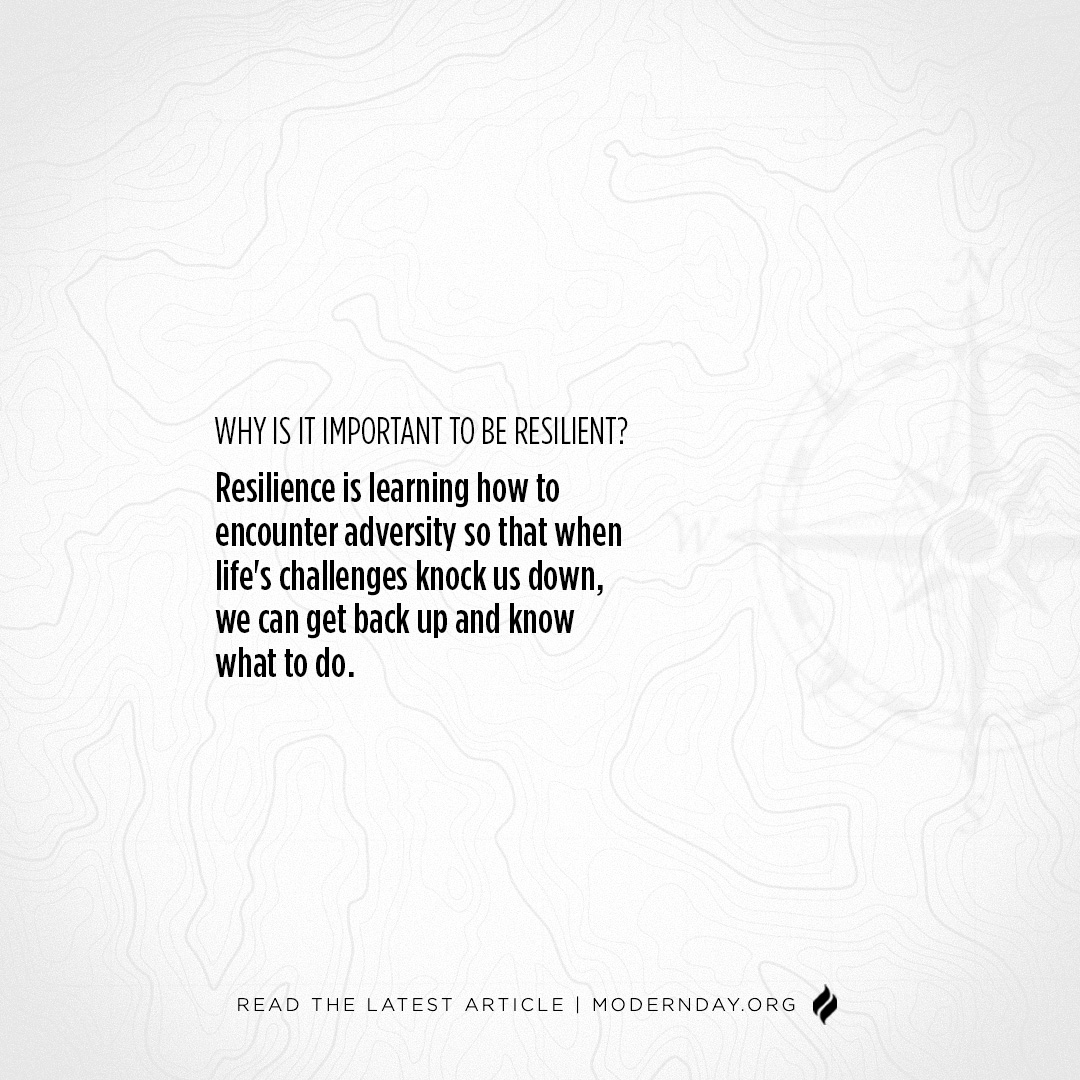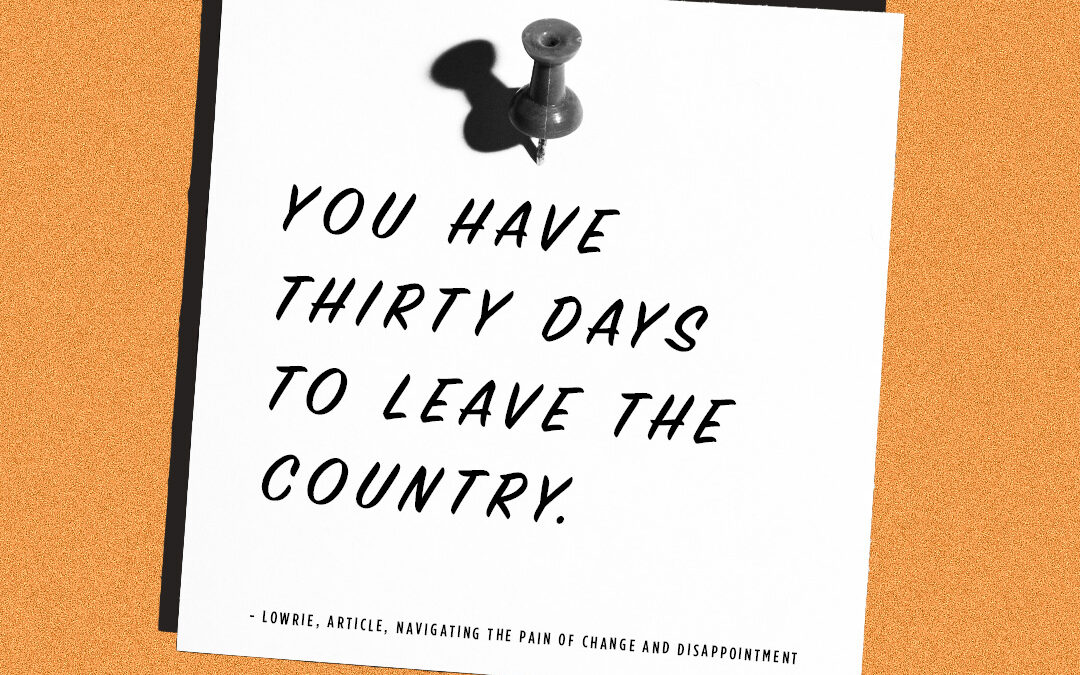KAILUA-KONA, Hawaii — During a recent evangelistic outing, I was conversing with an adherent of New Age philosophy. He was a good old-fashioned hippie who sought external, internal and eternal peace through oneness with the material world. He believed that all of nature had the same spiritual value as do human beings. Normally, fellows with such a mindset are very calm and diplomatic. This guy, however, was downright hostile. Our conversation ended with him setting a Gospel tract on fire.
I was tempted to leave the scene, but I decided to talk with one of this militant hippie’s cohorts instead. She concurred with his views, but was actually willing to have a respectful conversation about our differences. My discussion with her concluded with a friendly hug, and she accepted an invitation to my church.
On another occasion when a friend of mine and I were looking to talk to people about Jesus, we met a Hindu guru and his Buddhist friend. In the months since my first encounter with those two, it has become clear that the Hindu gentleman is not only a non-believer, but he is totally hostile to the Gospel. He said that he unequivocally refuses to keep an open mind about Jesus, he won’t accept Gospel literature, receive prayer or be my guest at church. His Buddhist friend, on the other hand, has taken evangelistic tracts (and given me a Buddhist one) and is open to coming to Christian events if his work schedule permits. I know where both men work. From time to time, I visit my new Buddhist friend and we compare spiritual perspectives. I do not go to the Hindu guru anymore because it’s obvious he’s not interested in a discussion. He only wants an argument — and to ridicule Jesus.
Sometimes, when we set out to proclaim Jesus to people, God will guide us directly to those who want to hear our message. Often, though, we have to discover who is interested and who isn’t through trial and error. This was the way Christ’s early disciples typically spread the message of salvation.
When the Apostle Paul tried to share the Gospel in Corinth (part of modern-day Greece) he initially encountered those who “opposed and reviled him.”1 He turned away from that group and shared the message of Jesus with others. As a result, “many of the Corinthians hearing Paul believed and were baptized.”2 When Paul and his missionary companion, Barnabas, preached that Jesus is the messiah in Antioch (part of modern-day Turkey) many “began to contradict what was spoken.”3 When they redirected their efforts, many came to faith in Jesus.4 Likewise in Ephesus (also in Turkey) Paul was sharing the Gospel with anyone who would listen. Yet when some “became stubborn and continued in unbelief, speaking evil of” Christianity5 he moved on.
When Jesus sent out his disciples to evangelize, he admonished them to turn away from people who were unwilling to “listen to” them.6 Yet, it should be noted, he was perfectly willing to send them to people who likely would reject the message. Jesus loved people so much that he wanted all to hear the Gospel. He didn’t believe it was ever a waste of time to discuss the truth with someone. However, he was strategic enough to move on when people clearly demonstrated disinterest in the Good News. He wanted to focus on those who would listen. Christians today should take exactly the same approach.
1. Acts 18:6
2. Acts 18:8
3. Acts 13:45
4. Acts 13:48
5. Acts 19:9
6. Matthew 10:14
Photo by Geoffrey Etwein
If you would like to make a financial contribution to Raymond Billy, Click Here!







